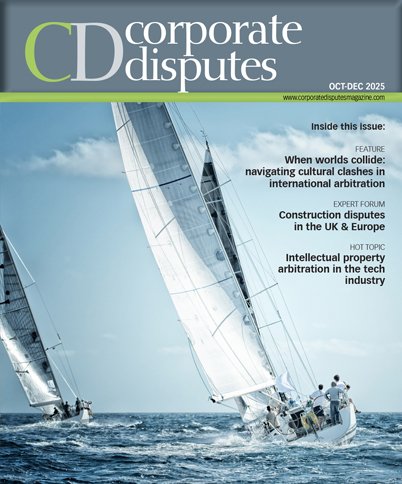EXPEDITING EFFICIENCY: BAC RELEASES NEW MED-ARB RULES
Possessing an international reputation for independence, impartiality, professionalism and efficiency, the Beijing Arbitration Commission (BAC), also known as the Beijing International Arbitration Center (BIAC), has become a leading arbitration institution in China.
Although the BAC/BIAC has achieved considerable success, the speed and efficiency of arbitral proceedings in the municipality have long been a source of contention. These proceedings have often been labour intensive, time consuming and, in some cases, counterproductive.
This, however, is set to change. In a move that could ultimately result in arbitral awards being rendered within seven days, the BAC has introduced new rules aimed at improving procedural efficiency. This initiative seeks to establish a structured linkage between mediation and arbitration, thereby shortening dispute resolution timelines and enhancing the overall effectiveness of the process.
The structured linkage refers to the med-arb approach – a hybrid, two-stage method of dispute resolution that combines mediation and arbitration. Parties first attempt to resolve their dispute collaboratively through mediation. If a settlement cannot be reached, the mediator assumes the role of arbitrator and issues a final, binding decision.
Alternatively, the arbitrator may review the evidence and prepare an award without disclosing it, then attempt mediation. If mediation fails, the arbitrator will issue the prepared award. Med-arb is particularly suitable for cases where parties seek the benefits of mediation while retaining the assurance of a binding decision if negotiations prove unsuccessful.
The ‘Eastern experience’
Over its 30-year history, the BAC has significantly contributed to the development of arbitration both within China and internationally. It has implemented reforms and initiatives designed to enhance efficiency, transparency and global engagement.

